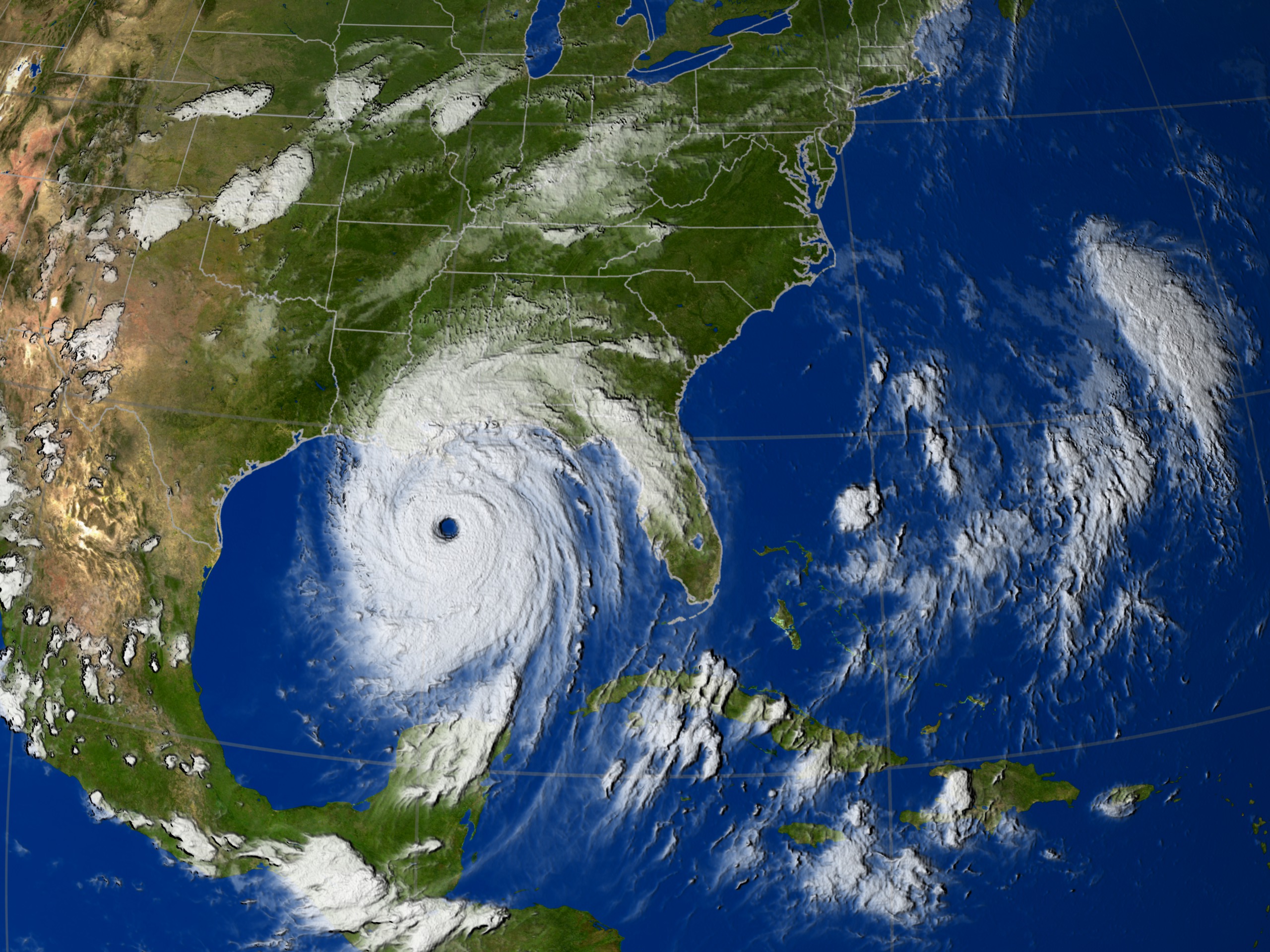Many folks, you know, often find themselves curious about the lives of certain individuals, perhaps someone whose name pops up in conversation or online. It's quite natural, really, to wonder about personal connections and family histories, especially when a name like "Katrina Sloane" sparks an interest. People are, in a way, very drawn to stories about others, and that curiosity can lead to searching for specific details, like who a person's first husband might have been.
When you type a specific query into a search bar, say "Katrina Sloane first husband," you're probably hoping to uncover clear facts, perhaps a biography, or some personal history that sheds light on the individual. That's, you know, what a lot of online searches aim for – getting direct answers to very specific questions. However, sometimes the information available isn't quite what you expect, or it might, in some respects, point in a completely different direction than anticipated.
Our goal here is to explore the search for "Katrina Sloane first husband" by looking at the information we have been provided. It's important to note, however, that the source material given to us doesn't actually describe a person named Katrina Sloane or any details about her marital status. Instead, it focuses entirely on a significant historical event, which is a bit of a twist, you know. We'll be clarifying what our records show, and just as importantly, what they don't.
Table of Contents
- Understanding the Search for "Katrina Sloane First Husband"
- What Our Information Reveals (and Doesn't)
- The Hurricane Connection: A Name Shared
- The Devastating Impact of Hurricane Katrina
- Key Details of Hurricane Katrina's Fury
- FAQs About the Name "Katrina" and Public Information
- Exploring Further: Public Records and Information Gathering
Understanding the Search for "Katrina Sloane First Husband"
When someone starts looking for "Katrina Sloane first husband," it typically suggests an interest in a specific individual's personal life. This kind of search usually implies that Katrina Sloane is a public figure, or perhaps someone who has been mentioned in a way that generates curiosity. People are, you know, often fascinated by relationships and the background of figures they encounter, whether in entertainment, news, or other public spheres. The desire to connect the dots of a person's life story is, basically, a very human trait.
The internet has made it incredibly easy to pursue these kinds of curiosities. A few keystrokes can, in theory, bring up a wealth of information about almost anyone. Yet, the vastness of information online also means that sometimes a name can lead you down an unexpected path. It's almost like looking for a specific book in a huge library, and realizing the title you have is actually for a different subject entirely, even if the first word is the same. This happens more often than you might think, actually.
So, when we consider the search intent behind "Katrina Sloane first husband," it's clear that the person asking wants biographical data, relationship history, and perhaps even a timeline of a specific person's life. They're looking for answers that provide a clear picture of who this "Katrina Sloane" is, and who her first spouse might have been. This kind of informational query is, in a way, very common for anyone trying to piece together a public persona.
What Our Information Reveals (and Doesn't)
Now, this is where things get a little bit interesting, and perhaps not what you might have anticipated when you started reading about "Katrina Sloane first husband." The text we have been given to work with, which is our primary source for this discussion, does not actually contain any details about a person named Katrina Sloane. Nor does it, you know, mention any information about her marital status or a first husband. This is a very important point to clarify right from the start.
Therefore, we simply cannot provide a biography, personal details, or a table of bio-data for Katrina Sloane or her first husband based on the provided text. It's crucial to stick to what the available information says, and in this particular instance, the information provided paints a vivid picture of a completely different "Katrina" – one that is not a person, but a significant natural event. It's a case where a name is shared, but the subject is entirely different, which can be a bit confusing, you know.
Our given text is actually a detailed account of Hurricane Katrina, a powerful and devastating tropical cyclone. So, while the search query is about "Katrina Sloane first husband," our source material directs us to discuss the hurricane itself. This means we'll be exploring the historical impact of that storm, rather than a personal history, as that's what our provided information allows us to do. It’s, in some respects, a pivot from what might have been expected, but it’s what the records show.
The Hurricane Connection: A Name Shared
The name "Katrina" in the text refers to Hurricane Katrina, a powerful, devastating, and historic tropical cyclone that made its mark in late August 2005. This storm, you know, caused widespread destruction and, tragically, a significant loss of life. It’s a name that, basically, resonates deeply in the history of the United States, especially for those who lived through its impact or witnessed its aftermath.
It's quite fascinating, isn't it, how names can sometimes overlap, leading to potential confusion when searching for specific information? A search for a person named "Katrina" might, you know, inadvertently lead to a wealth of details about a major weather event because of this shared nomenclature. That's precisely what we're encountering here; the provided text, quite clearly, focuses on the meteorological phenomenon, not an individual.
This hurricane was not just any storm; it was, in a way, an event that reshaped landscapes and lives. Its sheer power and the scale of its impact are, you know, central to the information we have. So, while you might have been looking for a personal story, the "Katrina" we can discuss from our text is a force of nature that left an indelible mark on history, which is, in some respects, a very different kind of story altogether.
The Devastating Impact of Hurricane Katrina
Hurricane Katrina was, in fact, an extraordinarily powerful and deadly hurricane that carved a wide swath of catastrophic damage across the southeastern United States. It was a truly historic event, leaving behind a trail of destruction that is still remembered today. The sheer scale of the devastation was, you know, immense, affecting countless communities and lives.
The financial toll of this storm was staggering, with damages estimated at an astonishing $125 billion. This made Hurricane Katrina the costliest hurricane to ever hit the United States, a rather sobering distinction. The economic impact alone was, you know, immense, affecting infrastructure, homes, and businesses, particularly in the city of New Orleans, which bore the brunt of the storm's fury.
Beyond the financial figures, the human cost was truly heartbreaking. The hurricane and its aftermath claimed nearly 1,400 lives. Some estimates, you know, even suggest a higher number, with an estimated 1,833 people dying in the hurricane and the flooding that followed in late August 2005. It was, quite simply, one of the deadliest hurricanes ever to hit the United States, leaving a legacy of profound sorrow and loss.
The sheer number of fatalities and the extensive damage serve as a stark reminder of nature's raw power and the vulnerability of human settlements. It was a moment in history that, basically, highlighted systemic failures and brought about a widespread re-evaluation of disaster preparedness and response. The impact was so profound that it changed places like New Orleans forever, a really significant and lasting consequence.
Key Details of Hurricane Katrina's Fury
Early in the morning on August 29, 2005, Hurricane Katrina struck the Gulf Coast of the United States. When the storm made landfall, it had a Category 3 rating on the Saffir-Simpson Hurricane Wind Scale. Its winds, you know, reached speeds as high as 120 miles per hour, which is a truly immense force. This kind of wind speed can cause incredible destruction, tearing apart buildings and uprooting trees with ease, which it certainly did.
Katrina was an extraordinarily powerful and deadly hurricane that, in a way, inflicted a large loss of life. It was not just powerful at landfall; it became a large and extremely powerful hurricane even before reaching the coast, causing enormous destruction and significant loss of life across a wide area. The sheer size of the storm meant that its impact was felt far and wide, affecting multiple states and communities, which is pretty impactful.
The narrative of Hurricane Katrina also includes stories of human resilience and the challenges faced by those caught in its path. For example, "Race Against Time" tells the story of Katrina, revealing systemic failures and, you know, dehumanizing narratives that emerged during the crisis. These accounts highlight the complex human dimension of the disaster, going beyond just the meteorological facts.
We also know that many people were displaced and needed immediate help. Thomas John and his baby brothers, for instance, were among the 18,000 Hurricane Katrina survivors who found shelter in places like the Red Cross shelter at the Astrodome and Reliant Center after evacuating their homes. They were, you know, completely reliant on aid, which paints a very vivid picture of the immediate aftermath and the widespread need for assistance. This massive natural disaster truly changed the U.S. and, as I mentioned, New Orleans forever, marking a clear before and after in its history.
FAQs About the Name "Katrina" and Public Information
Given that our source material focuses entirely on Hurricane Katrina, rather than a person named Katrina Sloane, it makes sense to address some common questions related to this historic storm. These are questions that people often ask when learning about the hurricane's impact and characteristics.
Q: When did Hurricane Katrina make landfall?
A: Hurricane Katrina struck the Gulf Coast of the United States early in the morning on August 29, 2005. It made landfall off the coast of Louisiana, which was, you know, a very specific point in time and place for this devastating event.
Q: How powerful was Hurricane Katrina when it made landfall?
A: When the storm made landfall, it had a Category 3 rating on the Saffir-Simpson Hurricane Wind Scale. Its winds, you know, reached speeds as high as 120 miles per hour. This classification indicates a very powerful storm capable of causing extensive damage, which it certainly did.
Q: What was the impact of Hurricane Katrina on human lives and property?
A: Hurricane Katrina caused an estimated 1,392 fatalities, with some reports suggesting the death toll was as high as 1,833 people, including those who died from the flooding that followed. Damages were estimated at $125 billion, making it the costliest hurricane to ever hit the U.S. It caused enormous destruction and significant loss of life, truly changing places like New Orleans forever, a really profound and lasting effect.
Exploring Further: Public Records and Information Gathering
For those genuinely searching for information about a specific individual named Katrina Sloane and her personal life, including details about a first husband, it's important to understand that public records and biographical details for private citizens aren't always readily available or widely published. That's just how it is, you know, for most people who aren't in the public eye. Information about private lives is, by design, not always easily accessible.
If you're curious about public figures, like celebrities or prominent individuals, it's often best to look at reputable news sources, official biographies, or verified social media profiles. Sometimes, you know, information can be found through historical archives or databases if the person has a notable public presence that warrants such documentation. Always consider the source when, you know, gathering details about someone's life, as accuracy is key.
For general information about historical events, like powerful hurricanes, you can always turn to official government meteorological sites or historical archives. These sources are, you know, typically very reliable for factual data about natural disasters and their impacts. They often provide detailed reports, statistics, and timelines that help paint a comprehensive picture of such events.
It's also worth noting that information can evolve, and new details might emerge over time, especially concerning historical events or public figures. Staying updated with reliable news outlets and official reports is, basically, a good practice for anyone seeking accurate information. You can learn more about on our site, and for more general information about historical events, you might want to check out our other articles . These resources can, you know, provide broader context for various topics, helping you understand different subjects more deeply.
For a deeper look into the lasting impact and recovery efforts related to Hurricane Katrina, you could, for example, visit the National Oceanic and Atmospheric Administration (NOAA) website, which offers extensive information and historical accounts. One very useful resource is their page on the hurricane, like this one: NOAA's Hurricane Katrina Overview. It’s a good way to get reliable details.
Related Resources:



Detail Author:
- Name : Hanna Satterfield
- Username : mfisher
- Email : itzel.rau@hotmail.com
- Birthdate : 1971-03-22
- Address : 77135 Salvatore Causeway Ethelmouth, MN 06800-7952
- Phone : 917.233.5140
- Company : Reinger and Sons
- Job : Director Of Business Development
- Bio : Quia aliquam voluptatum et saepe modi. Soluta dignissimos perferendis omnis voluptatem maxime. Voluptatum eaque magnam ea sed vero nostrum. Cumque ipsa et sed cumque. Animi deserunt quia voluptatum.
Socials
twitter:
- url : https://twitter.com/marcelo.hermiston
- username : marcelo.hermiston
- bio : Quod et nulla distinctio ex libero exercitationem. Deserunt vel ut distinctio ut qui. Nam omnis magni est.
- followers : 2906
- following : 1138
tiktok:
- url : https://tiktok.com/@marcelo_hermiston
- username : marcelo_hermiston
- bio : Recusandae sequi libero asperiores consequuntur exercitationem vitae.
- followers : 1568
- following : 2072
instagram:
- url : https://instagram.com/mhermiston
- username : mhermiston
- bio : Ut esse qui est ratione. Autem labore ipsum aliquam alias. Et quo cumque doloribus excepturi.
- followers : 650
- following : 2092
facebook:
- url : https://facebook.com/marcelo_id
- username : marcelo_id
- bio : Eum nihil et minus fuga omnis porro. Facere placeat ex optio alias sint.
- followers : 5217
- following : 82
linkedin:
- url : https://linkedin.com/in/marcelo.hermiston
- username : marcelo.hermiston
- bio : Occaecati aut vel ratione autem.
- followers : 4136
- following : 938